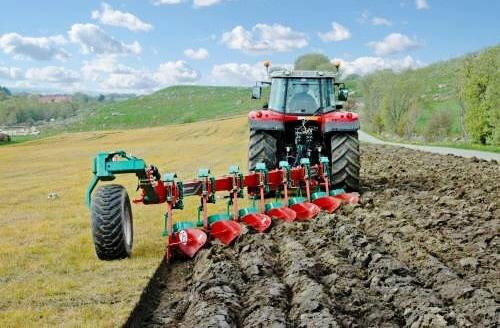Steps needed to take in the crop year

TEHRAN - Like the past years farmers are preparing to cultivate water-intensive crops that are mostly fed by ground waters. This is mostly noticeable in lands used to grow rice and onion.
It has been proven over the last three decades that farmers mostly don’t care about the gradual depletion of underground waters. They are noticing that their wells are being dried up but they either seek to dig deeper wells or move the place of their wells.
They just care about “now” and grow crops that yield more profits. When asked why you are extracting so much water from the ground, they argue if we don’t use it the others (other farmers) will do it. Such thinking has led to a serious competition between farmers in extracting groundwaters.
In the past decades water wells had to work eight hours a day in late spring and summertime. However, now groundwater is extracted 24/7 in farming times. It is not an exaggeration if it is said that certain avaricious farmers are leaving behind a scorched land and running the future of next generations.
Some farmers also dig wells without getting license. In order not to be seen, some dig wells inside their courtyards and pump water to their lands. In some cases, the Energy Ministry close their wells but sometimes employees are bribed and ignore them.
In places where rivers flow, they drain the entire water before the arrival of summer.
There are promising reports that the Energy Ministry plans to install digital system on wells that would prevent extraction of water beyond what is has been specified.
However, this is not enough. Now that the crop year has begun the Energy Ministry should be legally authorized to ban the cultivation of water intensive crops, especially rice, in all places other than the provinces bordering the Caspian Sea.
The Agriculture Ministry usually has the tendency to boast that the volumes of crops have increased, ignoring how much surface flowing and underground waters have been consumed.
Also if there is a serious swill among officials, including those running the Agriculture Ministry, that food security is extremely important, they should convince farmers that cultivation of water intensive crops will cost the farmers in particular and the country in general greatly.
Farmers should be informed that they should not sacrifice long-term agriculture for short-time benefits.
There may be counterarguments that what the farmers should do, especially in these years that the sanctions on Iran have caused the costs of living increase incredibly. The answer is that every tough decision is painful, including for those who have been growing lucrative crops such as rice, watermelon, or onion. Yet, there are alternative ways. They should be helped to develop greenhouse farms which use much less water and continue to produce wheat, barley, peas, lentils, and other crops can grow even with rainfall and been cultivated for centuries.
For centuries Iranians have been using qanats (underground aqueducts) for irrigation and drinking water. It had been a remarkable way to deal with water shortage in arid and semi-arid Iranian plateau.
Now that the climate change has led to repeated droughts it is more essential to take care of water resources and environment. Protests over water shortages in Khuzestan, Fars, Isfahan, Chaharmahal-Bakhtiari must come as a wakeup call. The late we decide to address the issue the costs will be much higher. It may even cause security problems.
